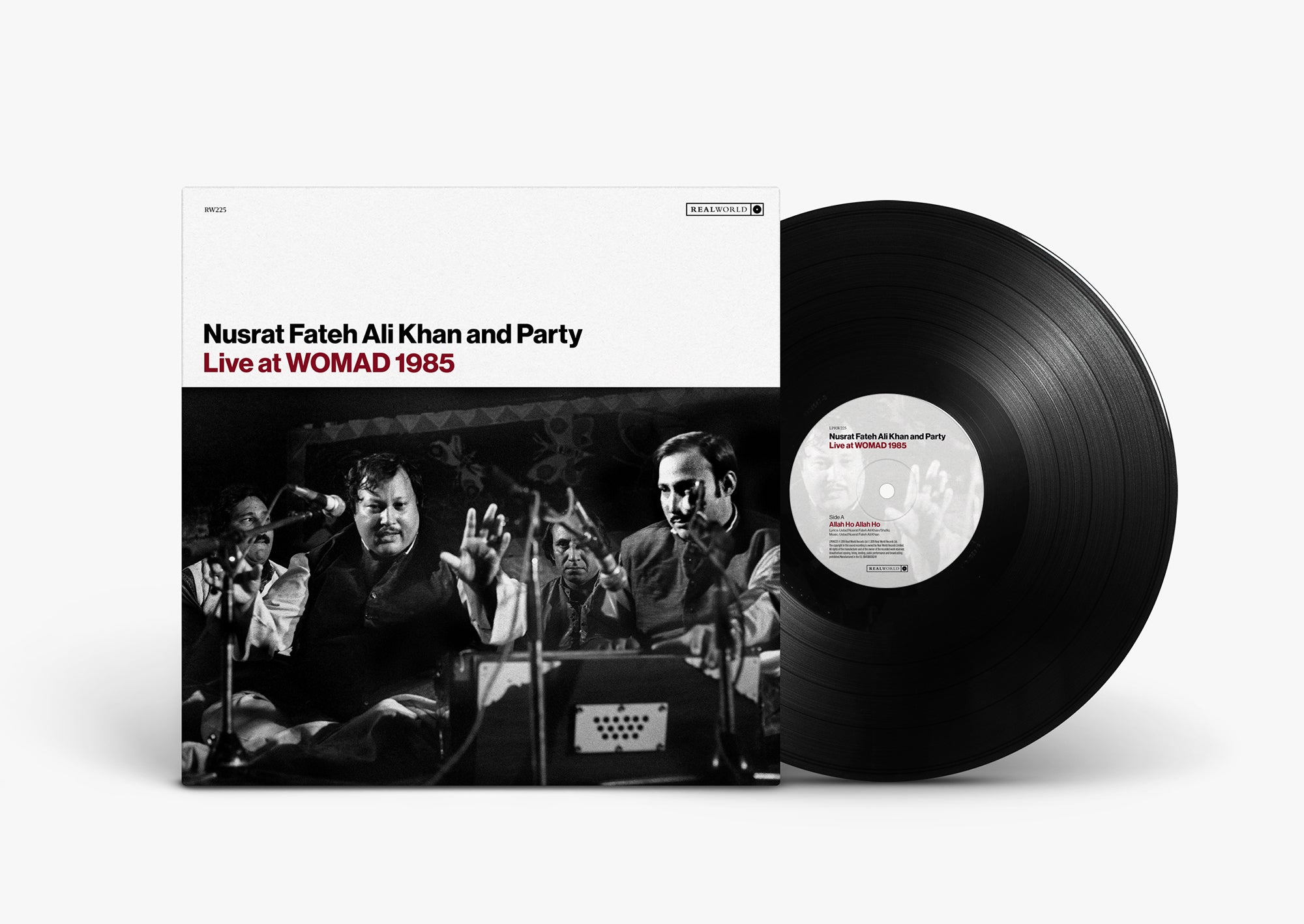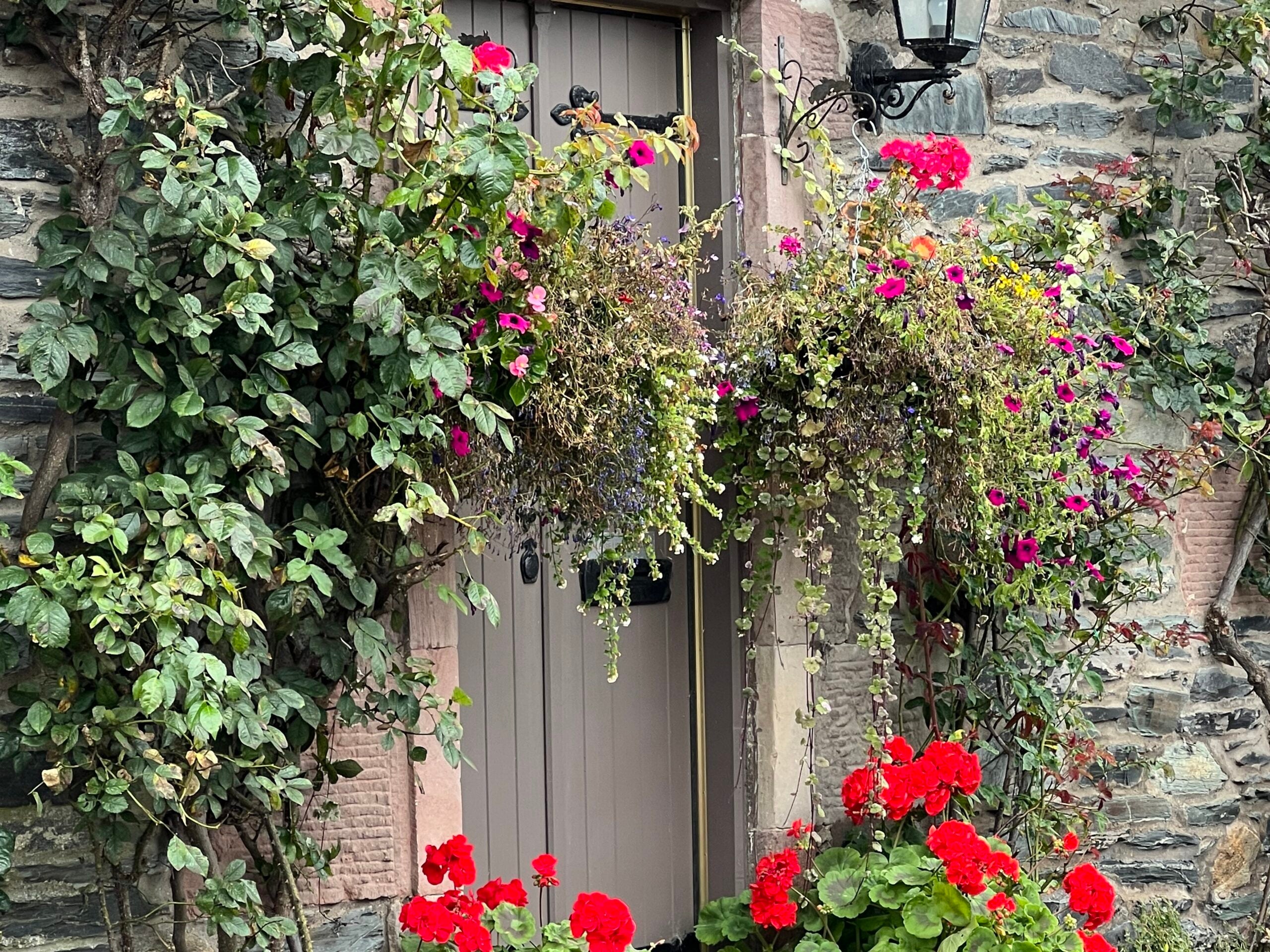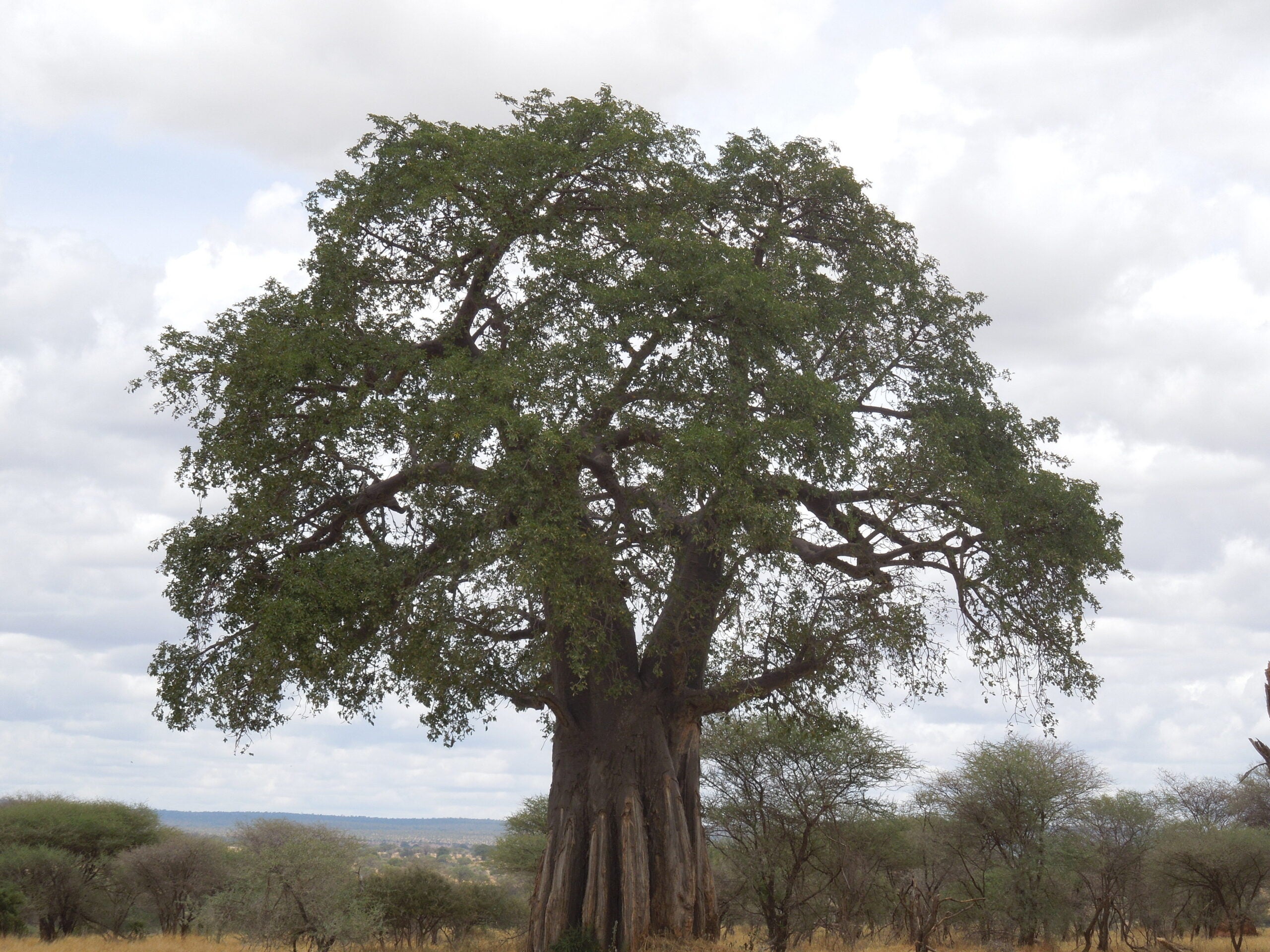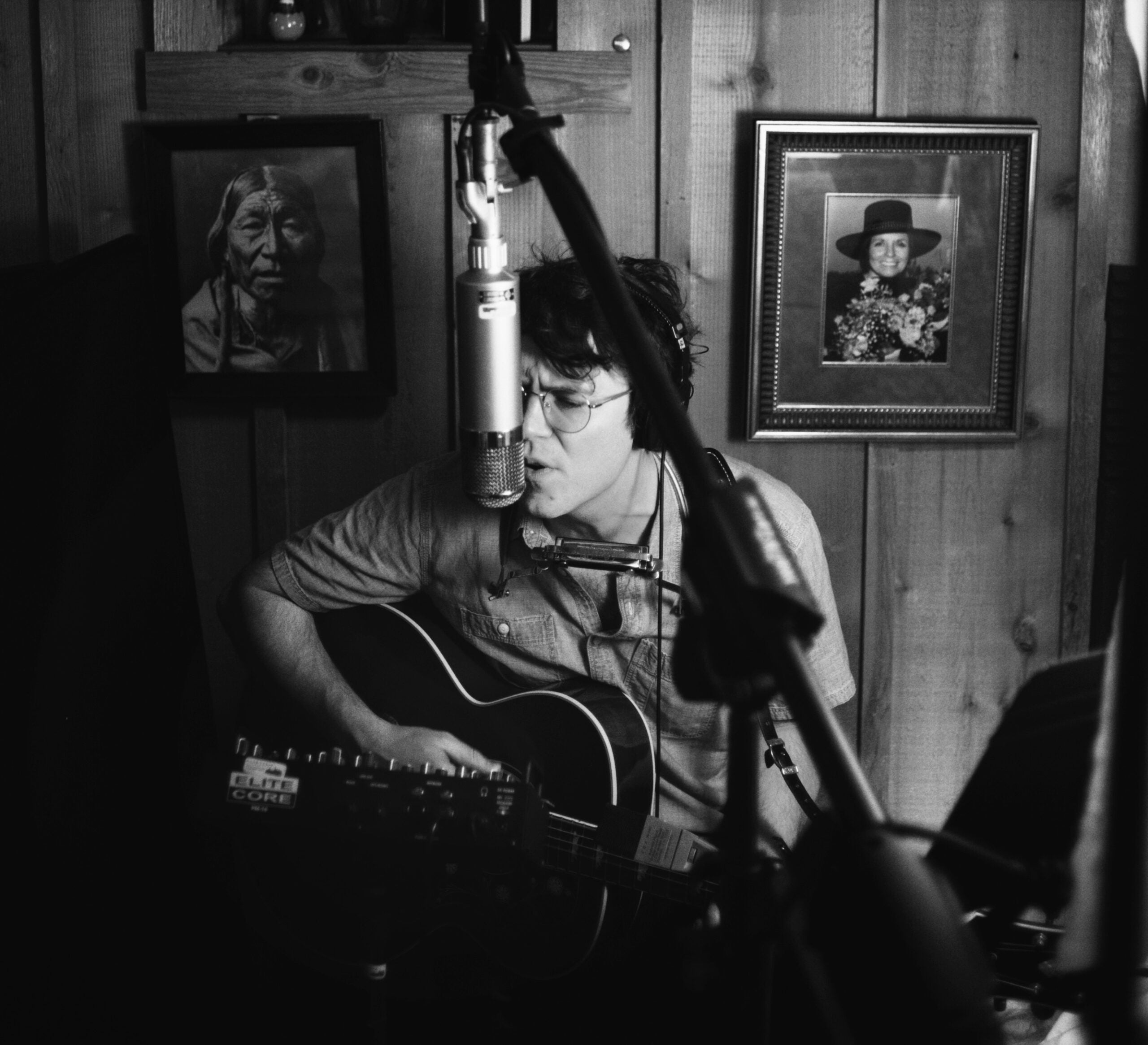A keen interest in the religious, sacred, and communal musical practices of various groups around the world continues to nurture my craving for travel around the world. This avidity emerges from a curiosity and a hunger to learn about the sacred traditions belonging to others.
This interest has never considered itself an attempt to assign a personal preference for a specific genre, nor has it been a private search for music that aligns itself with a construct that is religiously appealing to my tastes.
The hunger I refer to has been a faithful companion to years of exploring musical traditions beyond my own as a means of ‘increasing my understanding and empathy of the world diverse peoples.” Due in large part to my religious training, this has not always been an easy road to pilot faulted by a self-protectionist religious identity that isolated me from even considering compassion for, insight or empathy for other traditions.
News with a little more humanity
WPR’s “Wisconsin Today” newsletter keeps you connected to the state you love without feeling overwhelmed. No paywall. No agenda. No corporate filter.
Over time, I was after a hard-fought internal struggle, able to get past my entrenched ideas about the very definition of sacred. I asked whom or what group is privileged to determine what is and what is not holy. And, whose religion was ‘right’ and which ones had it all ‘wrong.’ In the end, I came to appreciate, respect and even celebrate other traditions not as a practitioner, but rather as an ‘inclusionist.’ It all began when I first heard the voice of sufi singer, Nusrat Fateh Ali Khan.
Nusrat Fateh Ali Khan, affectionately known as “the brightest star,” was a legendary Punjabi musician from Pakistan. Ali Khan was primarily a singer of devotional music called qawwali, the well-known vocalized form of sacred musical expression of the Sufis equally present in Pakistan and India. The Sufis, practitioners of the tradition, sustain and celebrate the inner, mystical dimension of Islam. Today, an e-mail from Real World Records reminded me of my initial listening encounter with Ali Khan. –Jonathan
From Real World Records, 6 April 2020
Last Saturday night, we treated our Facebook followers by streaming Nusrat Fateh Ali Khan and Party’s outstanding concert at WOMAD Yokohama in 1992
Over the course of this 90 minute set, the late Pakistan musical icon delivered a powerful, visceral performance — serving as yet another reminder of how truly unique his talent was. Moving between classical Sufi texts such as ‘Dama Dam Mast Qalandar’ and his own unmistakable vocal improvisations, Nusrat captivated the online audience in much the same way as he did those who were there at the WOMAD Festival in Japan 28 years ago.
Amid the current global health crisis the live music scene has come to a standstill, but artists and labels have been using social media to stay connected to music fans by providing entertainment and inspiration during these uncertain times. You can still watch the stream of Nusrat Fateh Ali Khan and Party at WOMAD Yokohama 1992 for the next few days on our Facebook page, and be sure to look out for more online streams lifted from the Real World archives over the coming weeks. -Real World Records
Wisconsin Public Radio, © Copyright 2026, Board of Regents of the University of Wisconsin System and Wisconsin Educational Communications Board.



